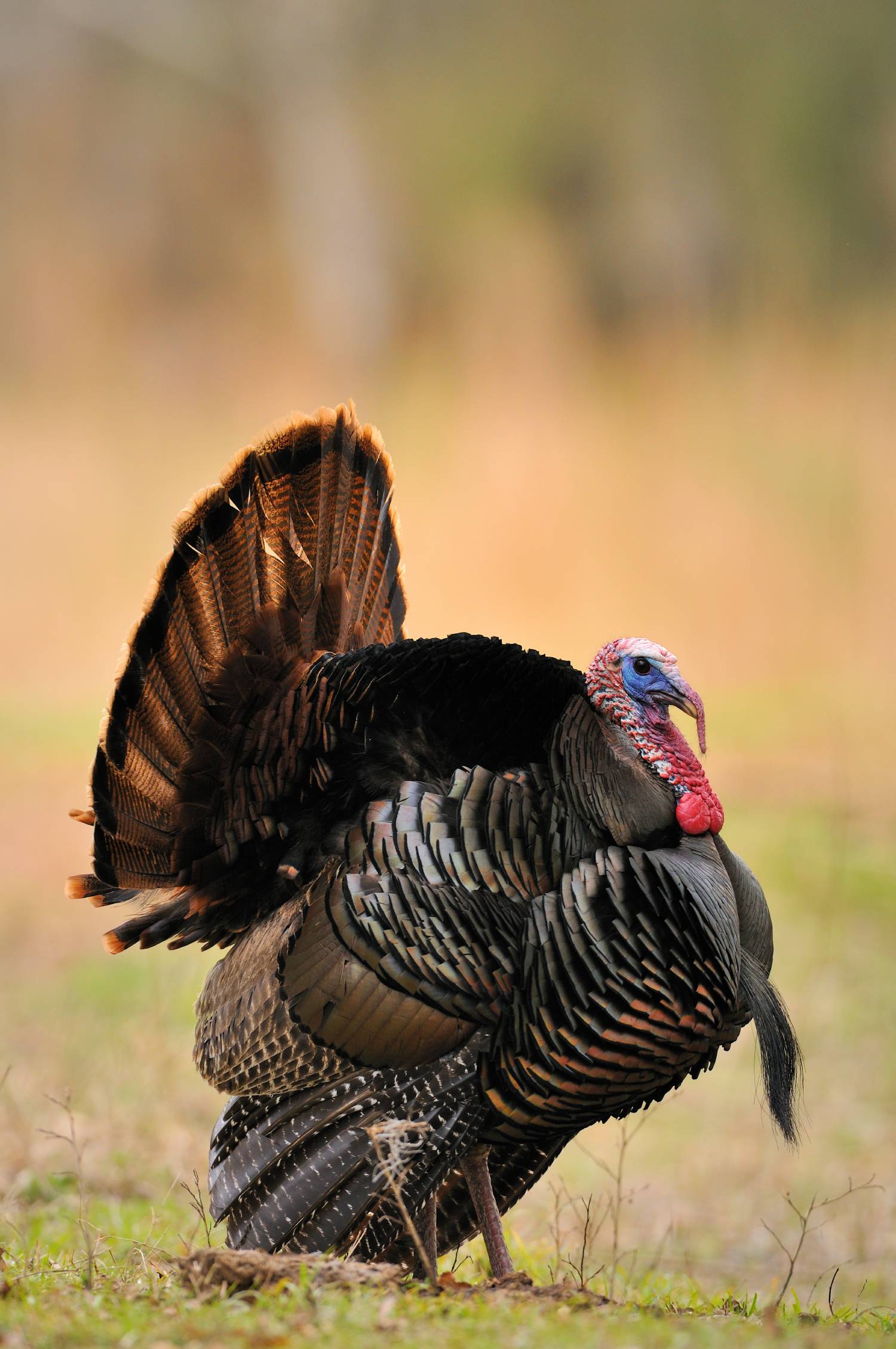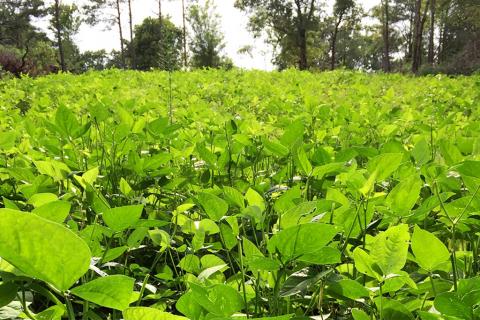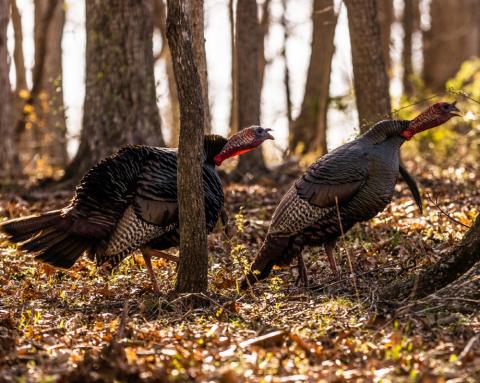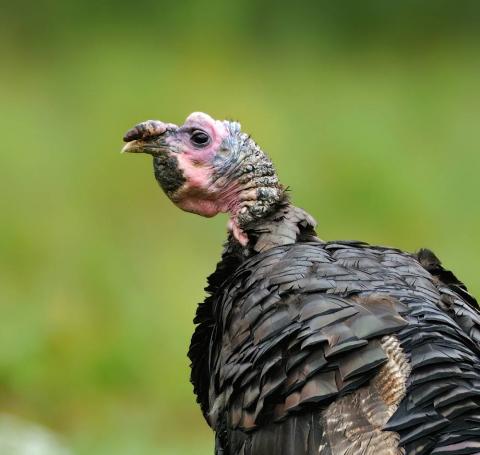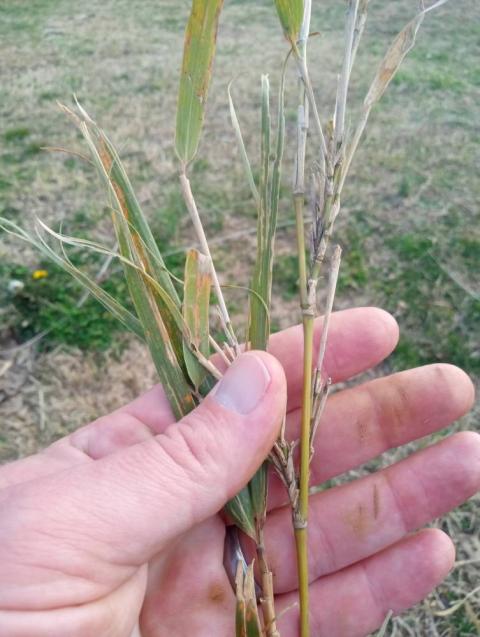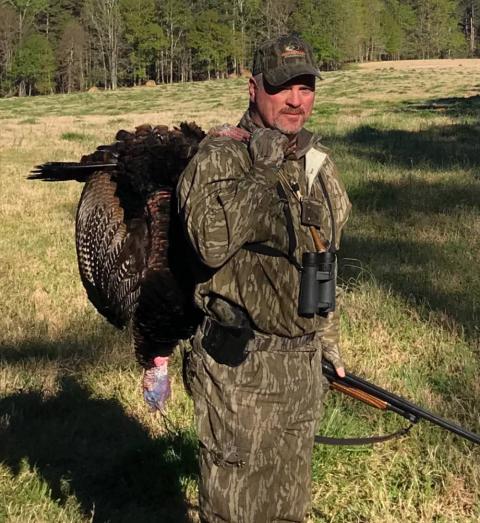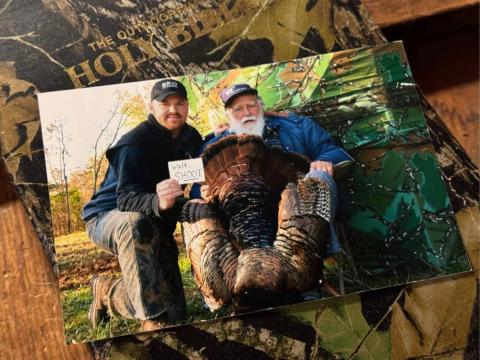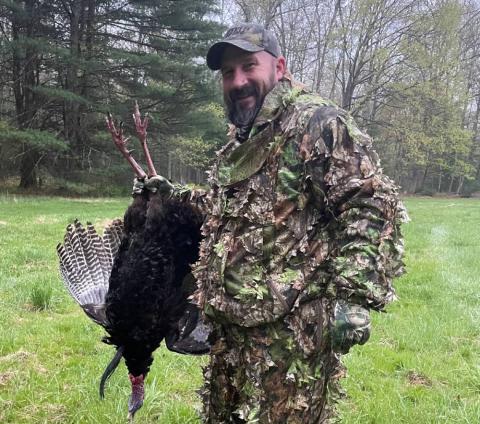At Nativ Nurseries, we put together a whitetail package that we believe is one of the best combination of oak trees for whitetails. This whitetail oak tree package includes an assortment of 12 trees specially designed to keep food on the ground throughout the entire fall and winter from the southern portions of zone 5 to zone 9. Planting these trees in the same general area will be similar to having an automatic feeder disperse food every day from the beginning of bow season through the end of rifle season…at a greatly reduced price! This package is super for creating your very own natural “honey hole” to bow hunt, rifle hunt, or just to simply provide a consistent and reliable food source for wildlife.
What 6 species make up the Whitetail Package?
1. Sawtooth Oak
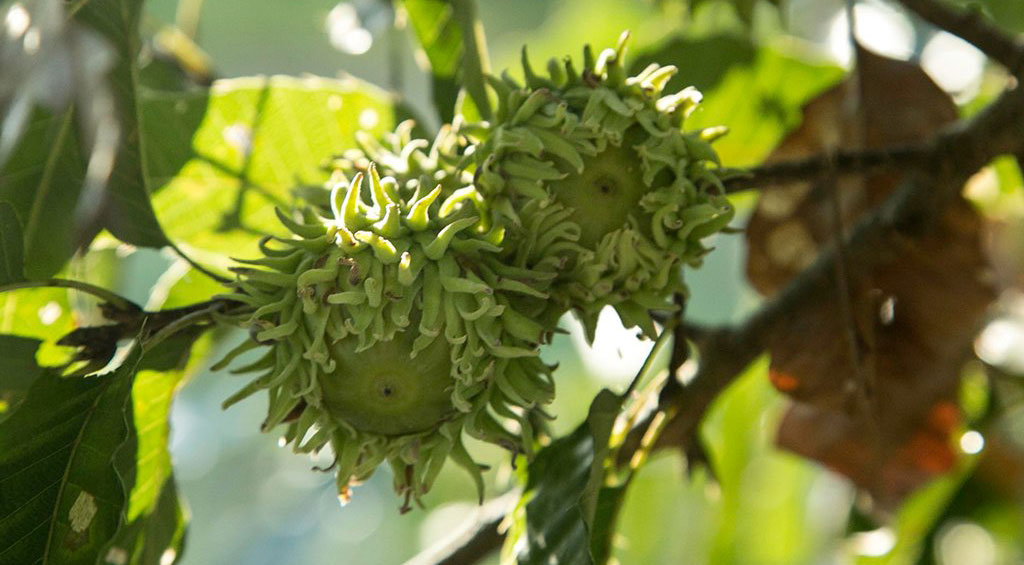
Sawtooth oaks drop first beginning as early as September in most areas, and can continue into early or mid-October. This is a time of year when it’s hot and dry, and most food sources are either not available or of poor quality. Sawtooth can fill that gap as a food source, but it’s also a super draw for getting game camera photos. If you are in a state where hunting season begins in September or early October, sawtooth is the ticket! Just make sure and plant them in well-drained soils because they won’t tolerate wet ground.
2. Willow Oak
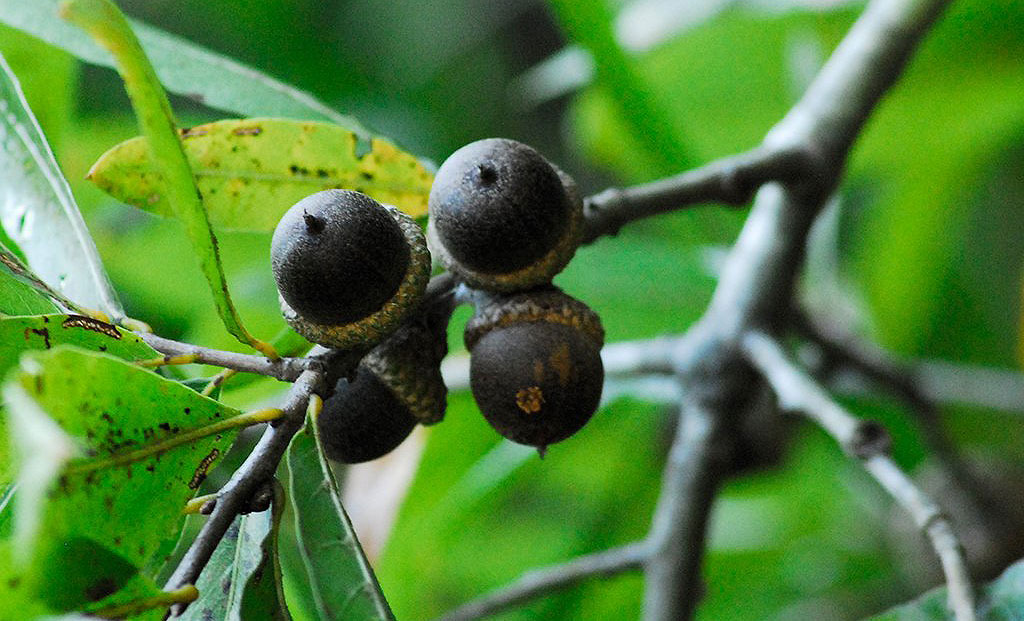
Willow oak is next. They begin dropping not long after the sawtooths are done for the season. The smallish red oak acorns always begin their descent prior to the more preferred white oaks, and because they are the only game in town at the time, wildlife gobble them up. When the white oaks begin dropping next, deer seem to pass them up - but those remaining willow oak acorns are good at waiting under the leaf litter for the turkeys to gobble them up late winter and early the next spring. Willow oak are also a great choice for waterfowl and can take some intermittent flooding.
3. White Oak
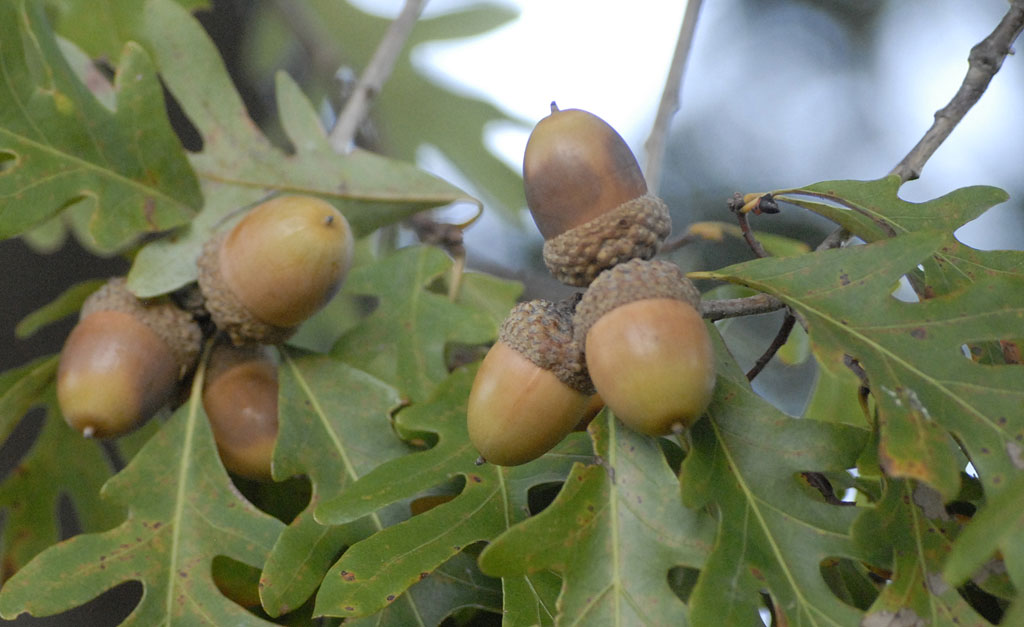
White oak is the next to drop after willow oak, and they’ll likely overlap a bit. White oak is a favorite tree for wildlife, timber value, and aesthetics, and it needs no explanation. White oak is considered an upland oak, but can also thrive on well-drained bottomlands. By the time they are finished unloading their bounty for the year, swamp chestnut oak will have begun dropping their huge acorns.
4. Swamp Chestnut Oak
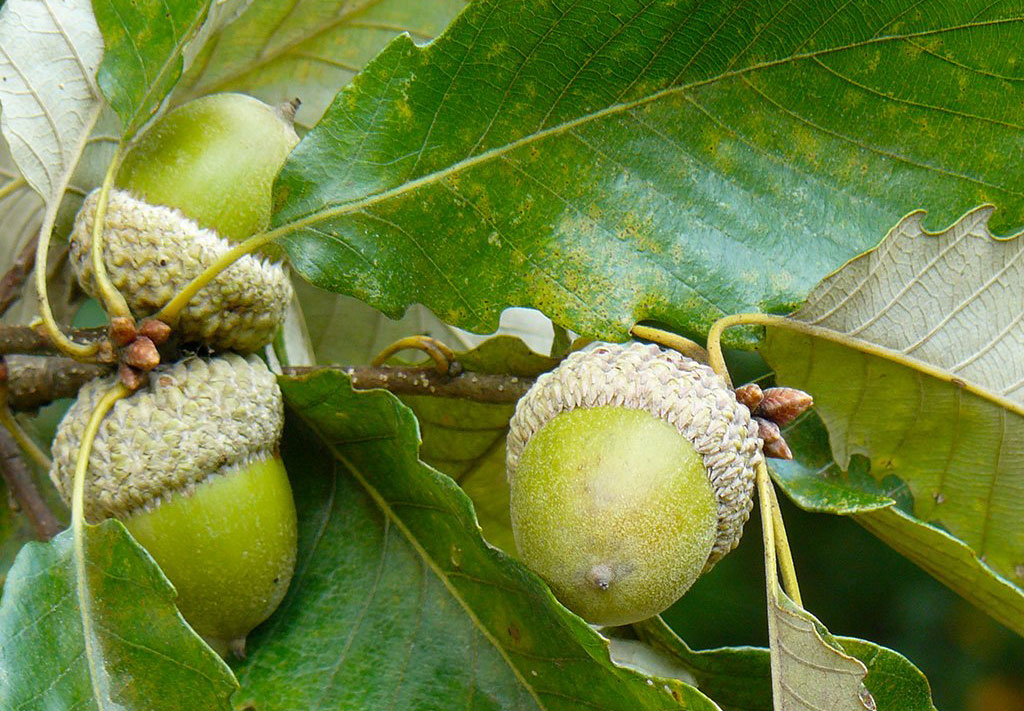
Swamp chestnut oak also produces preferred acorns being a member of the white oak section. They thrive in well-drained bottomlands and further down the hill, but can also handle some poorer drainage. Their acorns are huge and are literally sought out by whitetail deer for consumption. The trees themselves are beautiful, too, with scaly white bark and large chestnut type leaves. In most parts of its range, swamp chestnut oaks shed their acorns towards the end of the more common mid-season oak species, usually into early to mid-November.
5. Shumard Oak
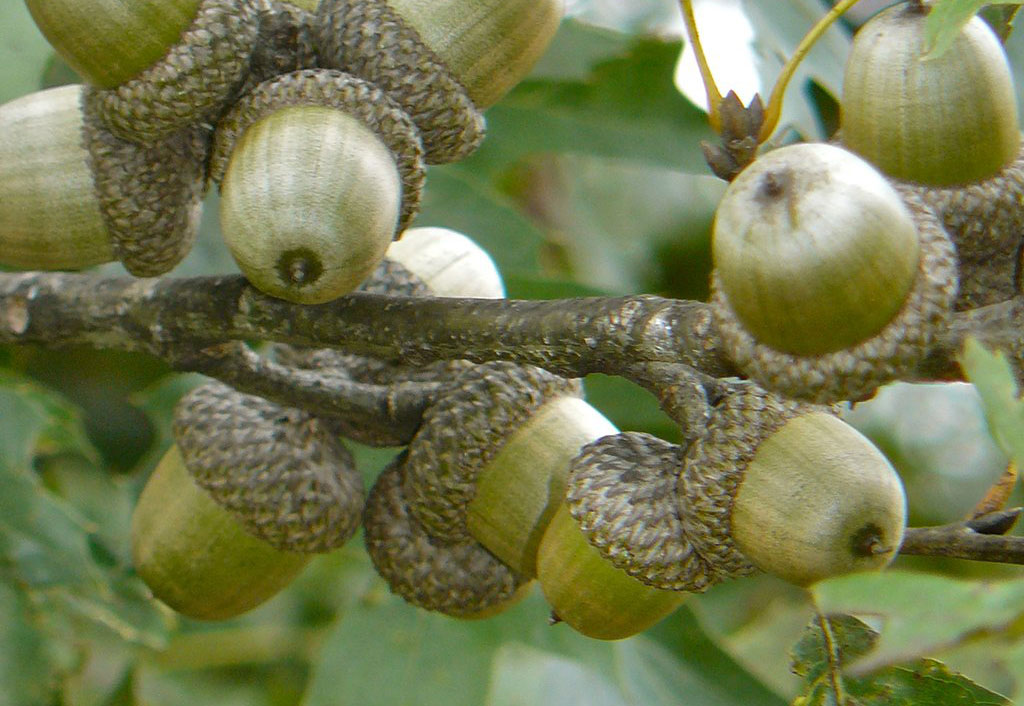
Shumard is likely the most variable dropper of this bunch. A few may drop in October, most in November, and other individual trees are super late droppers that shed December to February. Shumard is usually not a very common tree to find compared to other oaks, but when you do find them, it’s likely a gold mine because they are the only game in town dropping so late in the season. They also produce high quality red oak lumber, and often provide a bit of fall color. Shumard is a popular landscape tree for good reason in that it transplants well and can handle a wide range of soil types.
6. Nuttall Oak
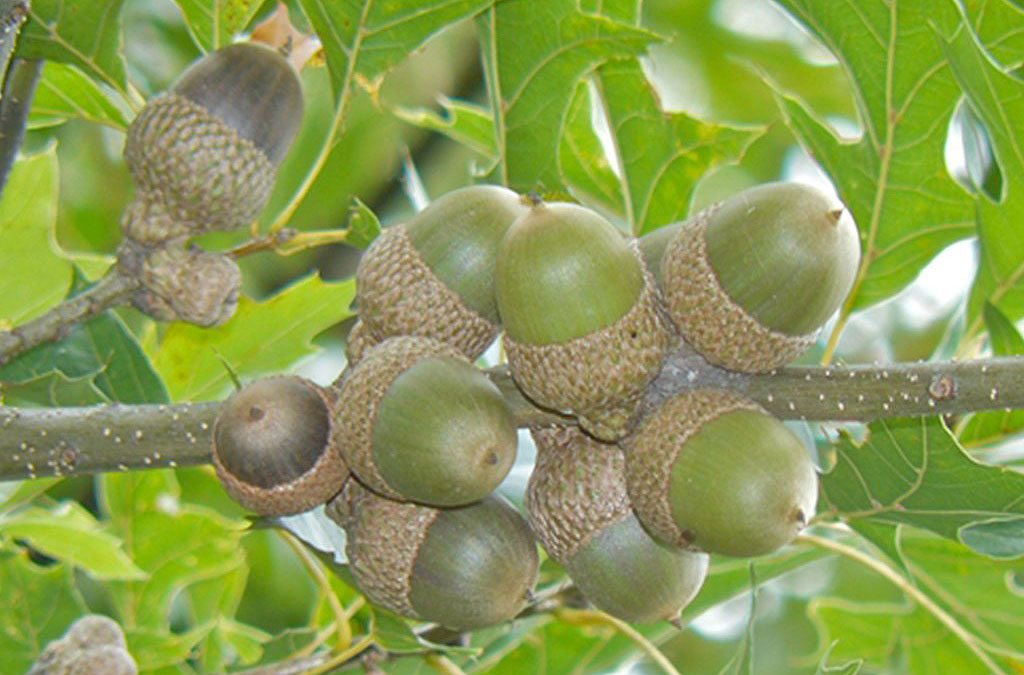
Last but definitely not least is the Nuttall oak. Nuttalls grow very fast, can handle poorly drained soils and flooding, but grow even faster on well-drained bottomlands and also tolerate high site index uplands. The coolest aspect of Nuttall oak is the incredibly late maturity and drop time of their acorns. Nuttalls usually don’t even consider dropping until December, and routinely drop throughout January, February, and even into March. So when your wildlife food plots are eaten down to looking like a putting green, they are just beginning to throw their nuts - and at a time when they are needed most!
So the whitetail package is a superb choice for folks who just aren’t sure what to plant, but even experienced oak enthusiasts should take advantage of the savings on this package deal. Provided full sunlight, good soils, and you protect and properly maintain your trees, all of these species should thrive and produce by years 10-12, some as early as six years of age.

















